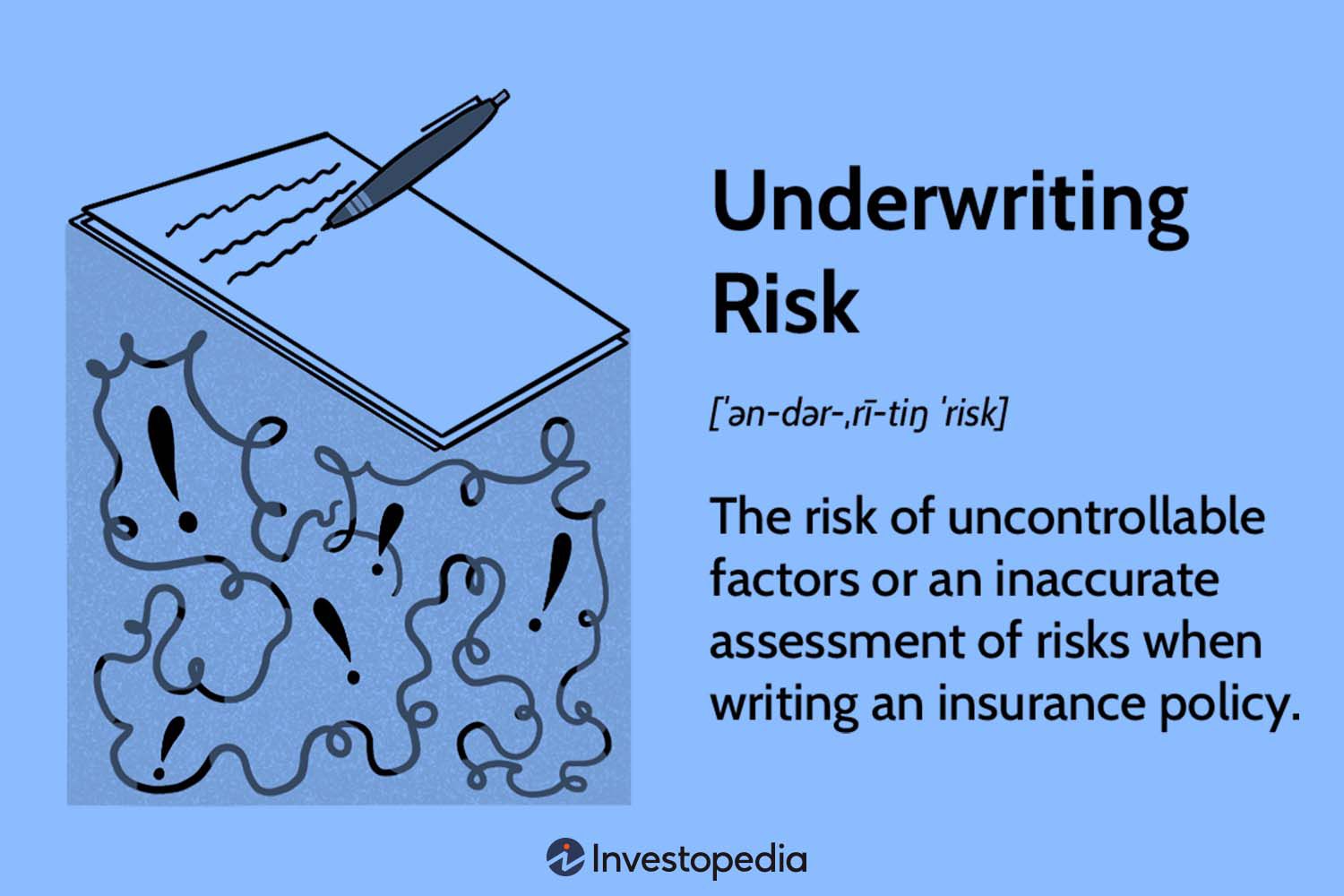In today’s fast-paced and ever-evolving financial landscape, the role of underwriters has often been questioned, with some speculating that automation and advanced software might render this profession obsolete. However, contrary to popular belief, underwriting remains a crucial and thriving career path, offering a multitude of opportunities and growth prospects within the financial services sector.
The Enduring Importance of Underwriters
Underwriters are the backbone of various financial institutions, including banks, insurance companies, and investment firms. Their primary responsibility lies in meticulously evaluating risk and assessing the creditworthiness of individuals, businesses, and potential investments. This process is vital for ensuring the financial stability and profitability of these organizations.
While technological advancements have undoubtedly streamlined and automated certain aspects of the underwriting process, the human element remains indispensable. Underwriters bring a unique blend of analytical skills, critical thinking, and industry expertise to the table, enabling them to make informed decisions that go beyond the capabilities of even the most sophisticated algorithms.
The Diverse Roles of Underwriters
Underwriters play pivotal roles across various sectors within the financial industry, contributing their expertise to a wide range of transactions and processes:
-
Banking and Lending: In the banking and lending sector, underwriters assess the creditworthiness of loan applicants, evaluating factors such as income, employment history, credit scores, and collateral. Their thorough analysis helps lenders mitigate risks and make informed decisions regarding loan approvals, terms, and conditions.
-
Insurance: Insurance underwriters are responsible for reviewing and analyzing insurance applications, assessing the potential risks associated with each applicant. Their in-depth evaluations determine insurance coverage eligibility, premium rates, and policy terms, ensuring that insurance companies can effectively manage their exposure to potential claims.
-
Investment Banking: Investment banks rely on underwriters to evaluate the risks and potential returns of initial public offerings (IPOs), debt issuances, and other securities offerings. Their analysis plays a crucial role in pricing these offerings and determining their viability in the market.
-
Real Estate: In the real estate industry, underwriters analyze the risks associated with mortgage applications, property valuations, and real estate investments. Their expertise helps lenders and investors make informed decisions regarding financing and investment opportunities.
The Evolving Role of Underwriters
While the core responsibilities of underwriters remain unchanged, the profession itself is evolving to keep pace with technological advancements and changing market dynamics. Modern underwriters must possess a combination of traditional skills and the ability to leverage emerging technologies effectively.
Some of the key trends shaping the future of underwriting include:
-
Data Analytics: Underwriters are increasingly relying on advanced data analytics tools and techniques to process vast amounts of data and uncover patterns that can inform their risk assessments.
-
Automation: While automation cannot entirely replace human underwriters, it can streamline routine tasks, freeing up underwriters to focus on more complex and high-stakes decisions.
-
Predictive Modeling: The use of predictive modeling and machine learning algorithms is gaining traction in underwriting, allowing for more accurate risk forecasting and pricing.
-
Collaboration: Underwriters are working closely with data scientists, software developers, and other professionals to leverage technological advancements and enhance the underwriting process.
Career Prospects and Growth Opportunities
Far from being a dying profession, underwriting offers a promising and rewarding career path for individuals with strong analytical skills, attention to detail, and a passion for risk management. As the financial industry continues to evolve, the demand for skilled underwriters is expected to remain steady, with various opportunities for career advancement and specialization.
Entry-level underwriters typically start with on-the-job training, learning from experienced professionals and gaining exposure to industry-specific practices and regulations. As they progress, underwriters can pursue certifications such as the Chartered Life Underwriter (CLU), Chartered Property Casualty Underwriter (CPCU), or Associate in Commercial Underwriting (ACU), which enhance their credibility and open doors to more advanced roles.
With experience and expertise, underwriters can advance to senior positions, such as lead underwriters, underwriting managers, or even chief underwriting officers, overseeing entire underwriting departments and shaping organizational risk management strategies.
Conclusion
In the ever-changing landscape of finance, underwriting remains a vital and thriving profession, offering a multitude of opportunities for those with the necessary skills and dedication. While technology continues to reshape various aspects of the industry, the human element of underwriting remains irreplaceable, ensuring that financial institutions can navigate complex risk assessments and make informed decisions.
As the financial sector evolves, underwriters who embrace technological advancements and continuously hone their analytical and decision-making abilities will be well-positioned to excel in this dynamic and rewarding career path.
Two Reasons Why Your file could Die in Underwriting !
FAQ
Is underwriting a dying field?
Are underwriters going away?
What is the future of underwriting?
Is underwriting in demand?

